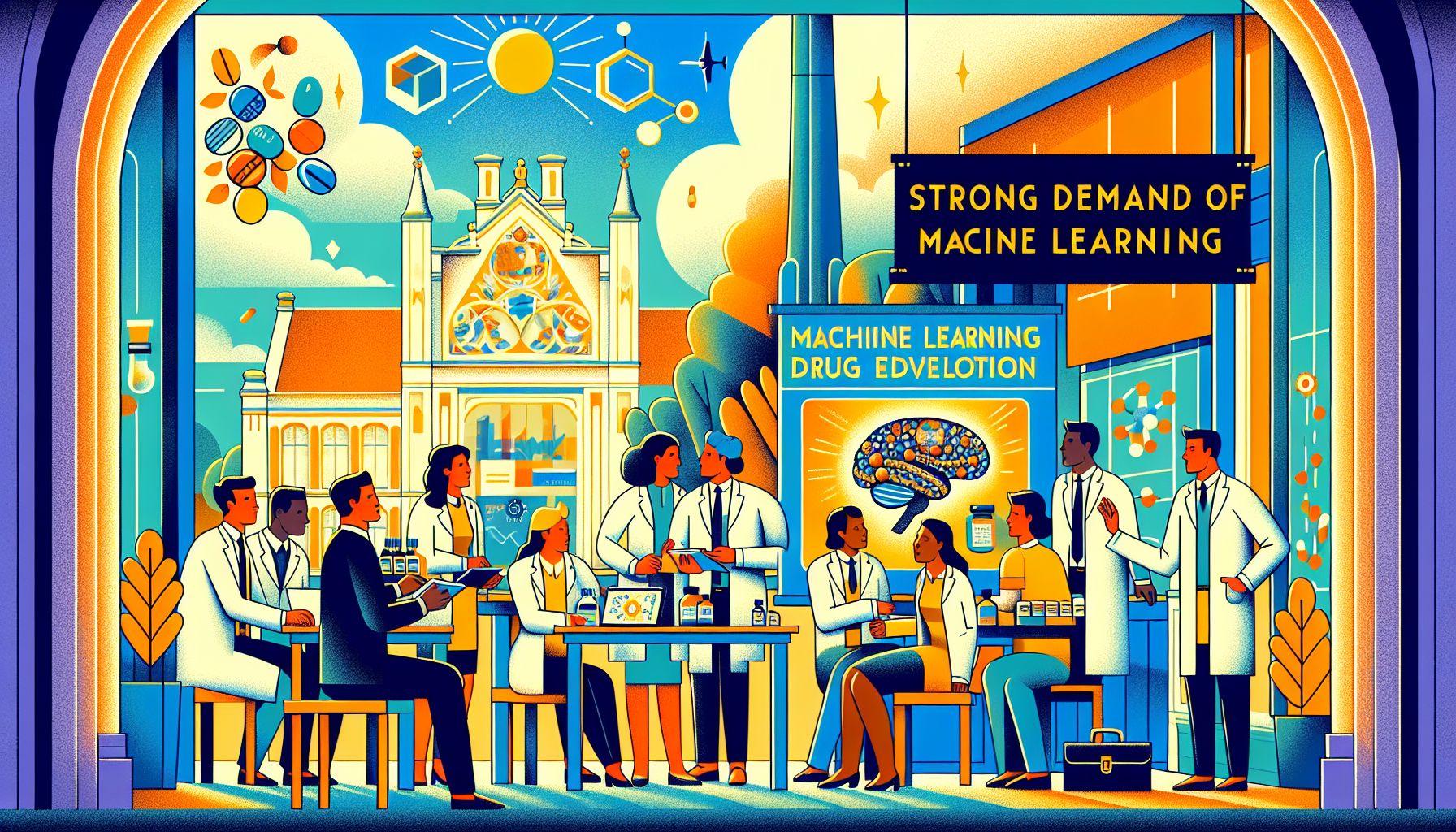Dutch Pharmacy Students Call for More Machine Learning Training in Curriculum

Utrecht, Monday, 18 November 2024.
A groundbreaking study at Utrecht University reveals pharmacy students’ strong demand for machine learning education. The research, involving 15 students over three years, highlights a critical gap in current pharmaceutical education as industry increasingly relies on AI-driven drug development. Students emphasize ML skills as essential for future careers, marking a significant shift in pharmaceutical education needs.
The Growing Role of Machine Learning in Pharmaceuticals
Machine learning (ML) is increasingly becoming a cornerstone in the evolution of pharmaceutical sciences, bridging the gap between traditional methods and innovative approaches. The study conducted at Utrecht University underscores this shift, as it reflects a broader industry trend where AI and ML are pivotal in streamlining drug discovery and development processes[1]. This is not just a technological shift but a paradigm change in how future pharmaceutical professionals are being prepared to face upcoming challenges.
Educational Reform: A Response to Industry Demands
The integration of ML into the pharmaceutical curriculum at Utrecht University is a direct response to the rapid changes within the industry. Students, through their participation in an elective ML module, have identified significant gaps in their training, emphasizing the need for educational reforms that align with industry requirements. This module, developed by the Department of Pharmaceutical Sciences, serves as an introductory course aimed at equipping students with the necessary skills to thrive in a data-driven environment[1].
The Benefits of Machine Learning Training
Students participating in the study reported a strong motivation to pursue further ML learning, recognizing its potential to enhance their careers in drug research. The ability to analyze large datasets efficiently and predict outcomes more accurately stands to revolutionize drug development, making it faster and more cost-effective[1]. Furthermore, these skills are crucial for students who aspire to work in cutting-edge research environments, such as those provided by companies like Genentech, which are at the forefront of biotechnology and pharmaceutical innovation[2].
Conclusion: Aligning Education with Future Needs
As the pharmaceutical industry continues to evolve, educational institutions must adapt to prepare students adequately. The study from Utrecht University highlights a critical need for curricular reforms that incorporate ML training, ensuring that graduates are not just academically equipped but also industry-ready. This approach is essential in fostering innovation and maintaining competitiveness in a rapidly advancing field[1].

